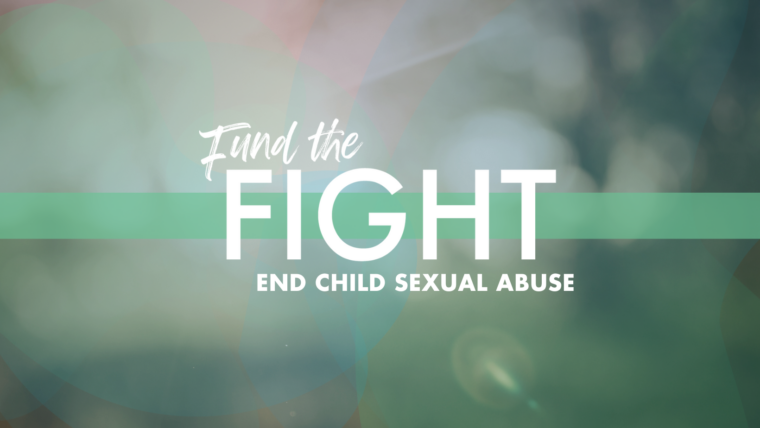Understanding boundaries makes us more mindful about how we interact with children.
Healthy affection and touch is protective from child sexual abuse especially with parents, caregivers, and family members. Building on the education provided in Stewards of Children®, Darkness to Light’s evidence-based training on preventing, recognizing, and reacting responsibly to child sexual abuse, this training teaches you some guidelines for healthy touch and safe, respectful ways to interact with children. It is highly recommended that participants complete Stewards of Children® prior to taking the course.
Available both online or as an in-person session delivered by an authorized Darkness to Light Facilitator, the training is also available in a Spanish-language version hosted by psychologist and CNN medical contributor Dr. Maris Azaret.
WHAT ARE THE OUTCOMES?
During the training, you will hear compelling stories from experts and survivors about being an active bystander. You will also:
- receive some guidelines for healthy touch at home and in youth serving settings.
- learn how to balance children’s needs for warmth and affection with safe, respectful ways of interacting.
- learn about healthy sexual development in children so we can identify normal and abnormal touching behaviors.
WHAT ARE THE DISTINCTIVE FEATURES?
Darkness to Light is proud to offer this training, which includes:
- stories from featured survivors, experts, youth serving professionals, and parents.
- a course worksheet designed to help reinforce key concepts and serve as a resource guide on healthy touch for children.
- interactive discussion about important issues in sexual abuse prevention and how they affect communities and youth serving organizations (facilitator-led only).
- knowledge checks (online only).
Healthy Touch training is $5 per person and can be taken in-person or accessed online at any time. The training can also be purchased as a part of the Stewards Plus package.
“Touching is a type of communication that shows a child or an adolescent that they’re safe, they’re loved, and they’re valued. And sometimes when they don’t have that touch, then skin hunger can make them feel needy, or vulnerable, or their self-worth is decreased. And those things are some characteristics that make children more vulnerable to child sexual abuse.”



